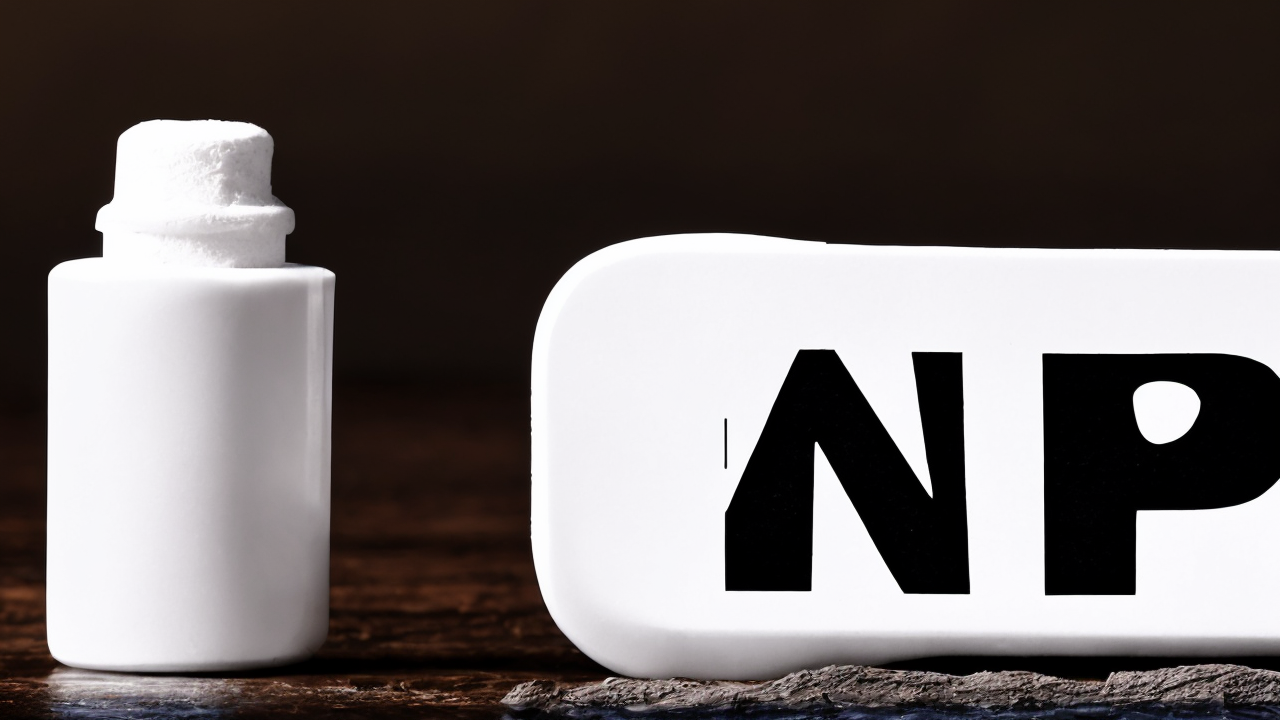Over-the-Counter Abortion Pills: A Dangerous Trend Ignored by NPR

NPR recently promoted the use of abortion pills as safe and unnecessary to involve doctors, despite significant risks and ethical concerns. The abortion pill, a two-drug regimen of mifepristone and misoprostol, is currently not available over-the-counter, but abortion advocates have pushed for expanded access.
The Food and Drug Administration (FDA) initially approved mifepristone in 2000 with safety rules requiring in-person visits and medical supervision. However, during the COVID-19 pandemic, the FDA relaxed these rules, allowing the abortion pill to be mailed to patients without in-person consultations. Advocates claim this shift was a "medical revolution," but critics argue it was a long-planned effort to increase abortion access and reduce costs.
Real-life incidents highlight the dangers of self-managed abortions. A Louisiana woman was forced to retrieve her aborted child from a trash can after taking the pill at 20 weeks, far beyond the FDA-approved limit. Another case involved a teenage girl coerced into aborting her child, leading to complications and hospitalization.
Abortionists like Dr. Maya Bass claim that in-person visits and medical supervision are unnecessary, citing flawed research. However, evidence shows that nearly 11% of women experience serious adverse events after taking the abortion pill—22 times higher than the rate reported by the FDA.
The abortion industry has long buried the truth about the risks of the abortion pill, instructing women to lie about complications to avoid reporting requirements. This manipulation has created a false narrative of safety, while women suffer severe health consequences and emotional trauma.
The push for over-the-counter abortion pills raises serious ethical and safety concerns, prioritizing convenience over women's health and well-being.
Published: 6/28/2025
















